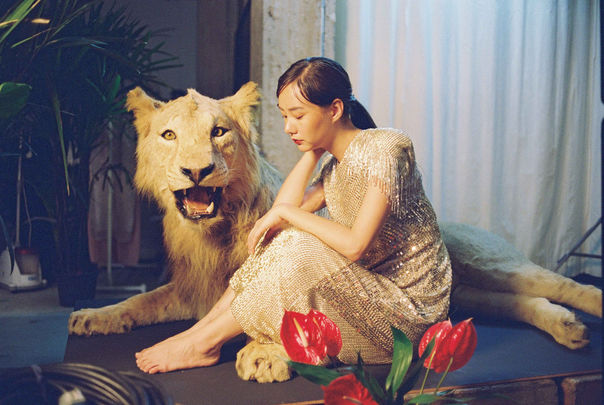What We Talk About When We Talk About Death
By Carolina Iacucci

Die Tomorrow
DIE TOMORROW by Thai filmmaker Nawapol Thamrongrattanarit combines essayistic inserts and episodes of ordinary life in order to both elegiacally and understatedly explore the unpredictability of death. The result is a hypnotic celebration of the magical randomness of being alive.
Eclectic director Nawapol Thamrongrattanarit is interested in filming people frivolously chatting about everyday topics: four flatmates read their horoscope and share their wishes for a future they take for granted; two siblings reunited after a long separation hang their clothes out to dry on a terrace overlooking Bangkok; a young woman waiting for a heart transplant clips her boyfriend’s nails while haunted by the phantom of her precarious survival. DIE TOMORROW is a thought-provoking cinematic experience gracefully confusing fictional and non-fictional levels by fragmenting its philosophical discourse on death: it is built as a kaleidoscopic essay mingling fictitious sketches, documentary interviews, news reports, and musical tracks in order to set up a lyrical encyclopedia about the most unspeakable social taboos and our deepest fear.
Within its deliberate syncretism and multifaceted dramatic quality, DIE TOMORROW epitomises the haphazardness of biological life by confronting the two opposite terms of its course: when asked about his idea of death, a kid acknowledges he googled it and actually realised that it somehow deals with disappearance; a half-deaf hundred-year-old man is shocked about his being alive for so long and energetically states that death is not the point, while life is. This is also the point of this anthological movie, which apparently chases the truth about death, but actually thinks about life.
Indeed, while following the fleeting flow of his characters’ thoughts, images, and talks, the director progressively discloses the mystery of individual fate and, rather than equate it to the ultimate penalty of vacuity and nothingness, he sees in it an opportunity to understand, accept, and discover a sort of magical levity. Thus, lightness is the landing place of this film seemingly focused on a depressing matter and eventually turning into a luminous contemplation of the beauty of nonchalantly living a life without purpose. As one of the girls says at a certain point in the first part of the movie, life is not fun with spoilers, and probably the only way to give it meaning is to not look for it at all.

